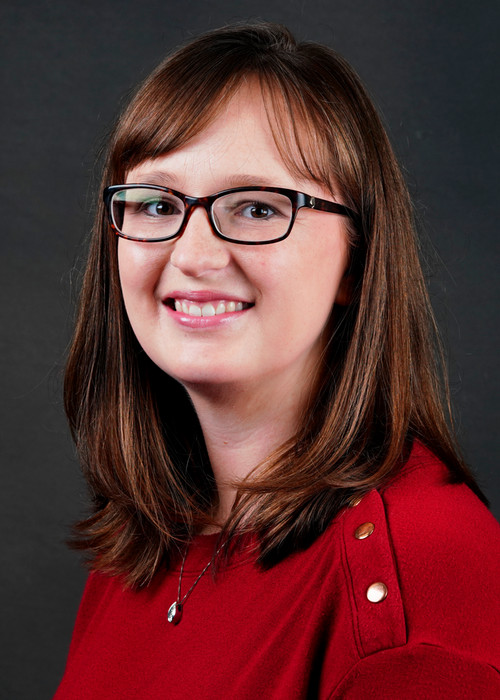$1.5M USDA NIFA grant will help Purdue researcher identify community-based food waste solutions
Development of new center aims to increase nutrition security and mitigate climate change
The Purdue University College of Agriculture’s Department of Agricultural Economics has received a $1.5 million grant from the U.S. Department of Agriculture’s National Institute of Food and Agriculture. The grant will fund a research and Extension project titled “Designing Co-Created Solutions to Improve Nutrition Security, Health Equity, and Environmental Sustainability.”
 Brenna Ellison, professor of agribusiness management and undergraduate program coordinator in the Department of Agricultural Economics, is the project’s principal investigator. The new funding will create the Purdue Center for Food Conservation and Waste Reduction, a vital research vehicle for Ellison and her longtime collaborator, Melissa Pflugh Prescott, assistant professor in the Department of Nutrition at Case Western Reserve University.
Brenna Ellison, professor of agribusiness management and undergraduate program coordinator in the Department of Agricultural Economics, is the project’s principal investigator. The new funding will create the Purdue Center for Food Conservation and Waste Reduction, a vital research vehicle for Ellison and her longtime collaborator, Melissa Pflugh Prescott, assistant professor in the Department of Nutrition at Case Western Reserve University.
Ellison and Prescott have expertise in the interrelated topics of improving diet and health outcomes while also reducing food waste. Their main goal will be to accelerate meeting national food loss and waste reduction targets by engaging in improving nutrition security and health equity.
“Many efforts to reduce food waste in the U.S. are top-down in nature and sometimes provide ‘one-size-fits-all’ guidance,” explains Ellison. “We’re interested in a bottom-up approach, working with different types of households to see how their food management behaviors differ. Our hope is to collect data and observe patterns, eventually co-creating behavioral strategies to reduce food waste that are tailored to households’ needs.”
Ellison and Prescott want to build an online hub for households to access educational resources on adopting practical strategies for food management activities such as food planning, preparation and storage.
In the fall, the center will start recruiting student food equity specialists in five to six communities across the U.S. to establish a baseline for household food literacy and food waste. Food equity specialists will be recruited on college campuses and trained on the food system, food waste and citizen science. This work to collect household food literacy and waste data will provide a service-learning opportunity and prepare the next generation to better understand how to achieve a more sustainable food system.
Student food equity specialists will work with the project team to codesign equity summits in their local communities to share their baseline findings and engage with public and private stakeholders to discuss how they can empower food conservation and waste reduction.
Ellison and Prescott will also offer a mini-grant program available to student food equity specialists. Based on their observations during the baseline assessment period, students will be able to apply for small grants to improve food literacy and promote nutrition security and health equity in their respective communities.
The center will also develop a National Extension Food Loss and Waste strategy, aligning with the Cooperative Extension’s National Framework for Health Equity and Well-Being.
We want to meet households where they are and hear about their unique barriers and challenges in managing food waste. By utilizing citizen science, our desire is to actively engage U.S. households in the conversation to cocreate a shared understanding of feasible, culturally appropriate strategies to improve food literacy and household food waste. We also hope to empower households to be more resilient and nutrition-secure.
- Brenna Ellison, professor of agribusiness management and undergraduate program coordinator in the Department of Agricultural Economics






